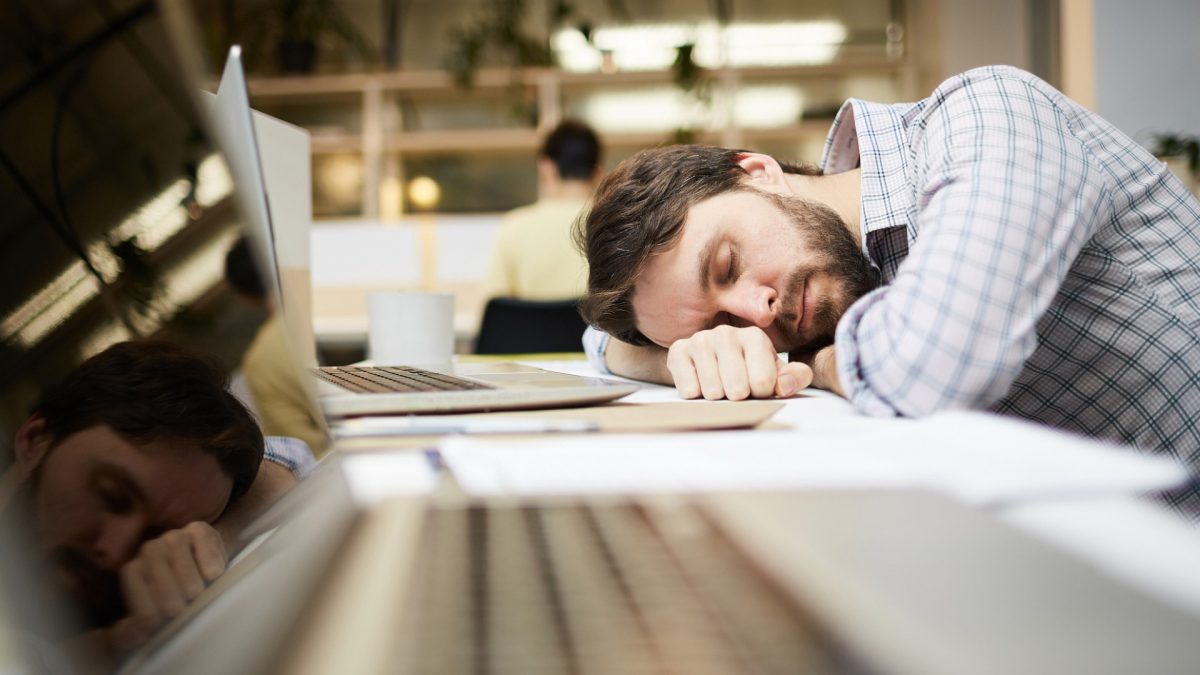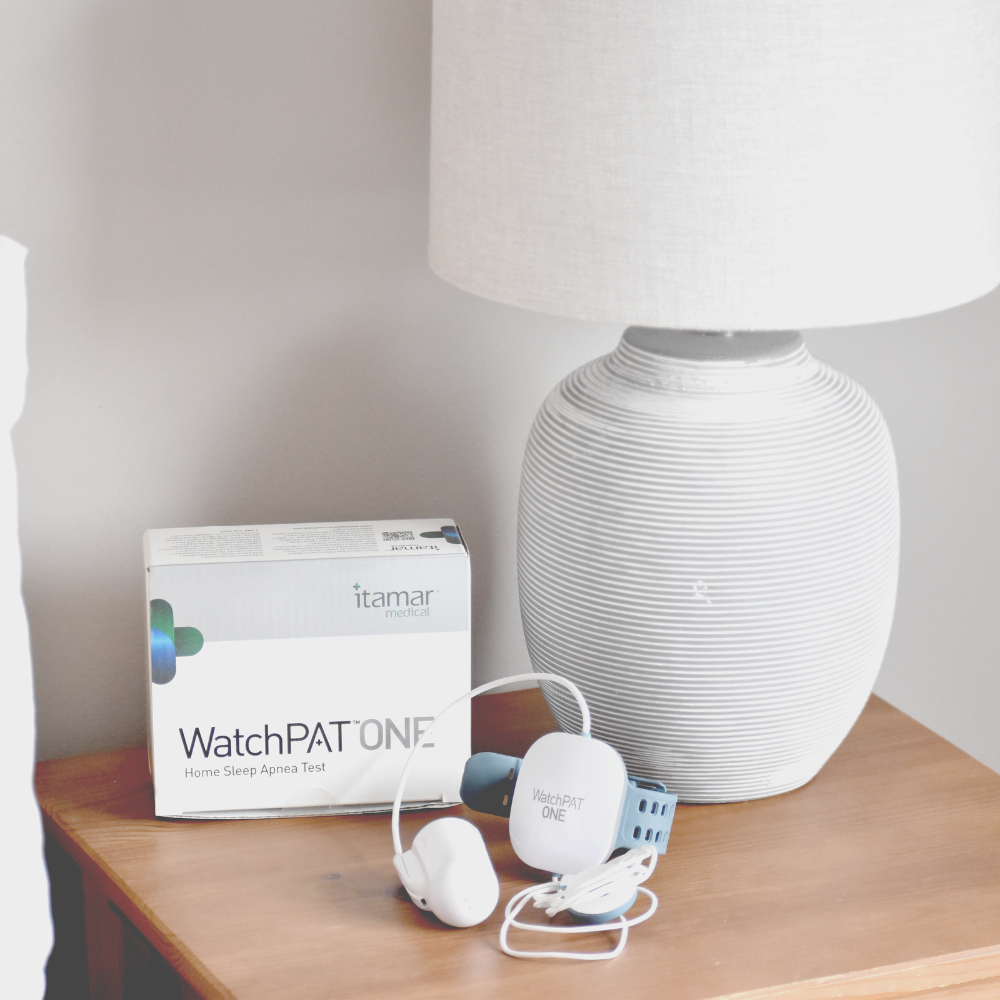Fact Checked
Intus Healthcare’s writers, customer service team, and sleep experts review and ensure this information is accurate.
Last updated on March 7th, 2024 at 10:42 am
Many things in our lives can contribute to daily stress and cause us to struggle with sleep. Stress affects your health, impacting your concentration and performance, making it difficult for us to schedule and handle day-to-day events.
Symptoms
Stress can manifest in a variety of ways and can affect people differently. Here are some common physical, emotional, and behavioural symptoms of stress:
Physical symptoms
- Headaches
- Waking up tired
- Muscle tension or pain
- Sleep problems
- Digestive problems
- Increased heart rate
- Sweating
- Shallow breathing or shortness of breath
- Elevated blood pressure
- Weakened immune system
- Teeth-grinding
Emotional symptoms
- Anxiety or nervousness
- Irritability or moodiness
- Depression or feeling overwhelmed
- Lack of motivation or focus
- Feeling restless or agitated
- Decreased self-esteem
- Inability to relax or constantly feeling on edge
Behavioural symptoms
- Increased use of drugs or alcohol
- Overeating or undereating
- Procrastination or avoidance of responsibilities
- Social withdrawal or isolation
- Decreased interest in activities or hobbies
- Difficulty with decision-making
- Increased irritability or aggression

Causes
Sleep Apnoea can cause stress on the body in several ways. During an episode of Sleep Apnoea, the airway becomes blocked, causing the person to stop breathing for short periods of time. This can trigger a stress response in the body, leading to an increase in stress hormones such as cortisol and adrenaline. Over time, this chronic stress response can have a negative impact on the body and contribute to a variety of health issues. During an apnoea event, oxygen levels in the body can drop significantly. This can lead to hypoxia, or oxygen deprivation, which can cause a stress response in the body and contribute to inflammation and other health issues.
Frequent interruptions to your sleep will stop the vital sleep restorative process. The body can’t recover from the stress accumulated during the day, so the anxiety and muscle tension continues to build.
The brain also finds it tougher to deal with stress when it’s sleep-deprived, a primary reason why those with Sleep Apnoea can become moody and irritable. The neurochemicals within the brain (which enable your brain to provide essential functions such as how you think and your mood) are impacted when you do not sleep consistently.
Your heart and blood pressure are also affected by sleep deprivation, putting you at risk of developing diabetes or hypertension – so it is essential to treat your sleep disorder. Chronic fatigue is a common symptom of Sleep Apnoea and can contribute to stress and other health issues.
Can stress cause Sleep Apnoea?
But can stress cause Sleep Apnoea? Yes, too much stress can play a part in developing Sleep Apnoea and increasing symptoms. Chronic stress can contribute to weight gain, especially in the abdominal area, which can increase the risk of developing Sleep Apnoea. Stress can also impact hormone levels, such as cortisol, which can have a negative impact on sleep and contribute to the disorder.
Statistics show that high-stress levels were associated with a 50% higher risk of OSA (1).
There are different types of Sleep Apnoea:
- Central Sleep Apnoea (CSA)
- Mixed Sleep Apnoea
- Obstructive Sleep Apnoea (OSA)
However, CSA is more closely related to the nervous system than Mixed or Obstructive Sleep Apnoea. Stress symptoms may trigger CSA more frequently as it takes a heavier toll on the nervous system.
Stress & Sleep Apnoea
Anxiety and stress make sleeping even more difficult, which can induce sleep disorders. Depression and anxiety are psychological health issues related to insufficient sleep stemming from stress.
Stress can often lead to sleepless nights, and those who suffer from the sleep disorder Sleep Apnoea may wonder whether it could be an underlying factor behind their condition.
People with Sleep Apnoea often mention psychological symptoms such as stress, anxiety and depression, and common Sleep Apnoea symptoms such as choking during sleep.
The most widely used and effective Sleep Apnoea treatment is CPAP therapy, although other alternatives exist for patients with milder symptoms. Positional therapies help you alter your sleeping position to open your airway during sleep to prevent blockages. These therapies can help reduce stress, anxiety and depression.
SAD Light Therapy
The light treats Seasonal Affective Disorder by delivering a therapeutic dose of light. The light triggers the brain to release serotonin to improve mood, productivity and energy levels.
The daylight lamp imitates natural sunlight and provides a dose of daylight in the dark winter months. It is the perfect companion for the home or the office.
LED light therapy is a non-invasive, drug-free, simple treatment option to set up and use!
Long Term Effects
Untreated Sleep Apnoea can lead to chronic stress on the body, which can have long-term effects on a person’s health. Here are some potential long-term effects of untreated Sleep Apnoea and chronic stress:
Cardiovascular disease: Sleep Apnoea can cause the heart to work harder to pump blood, leading to an increased risk of hypertension, heart disease, and stroke.
Type 2 diabetes: Chronic stress can lead to insulin resistance, increasing the risk of developing type 2 diabetes.
Weight gain: Chronic stress can cause the body to produce more cortisol, contributing to weight gain, especially in the abdominal area.
Depression and anxiety: Chronic stress can harm mental health and increase the risk of developing depression and anxiety.
Cognitive impairment: Chronic stress can affect cognitive function, leading to difficulty with memory, concentration, and decision-making.
Reduced quality of life: Sleep Apnoea and chronic stress can reduce the quality of life, affecting daily activities and overall well-being.
Solutions
At Intus Healthcare, we offer support services for those who suspect they may have Sleep Apnoea and treatment options and equipment for people already living with the condition.
People with confirmed Sleep Apnoea will be advised of the appropriate treatment for the severity of their disorder (positional, mild, moderate, or severe). The severity of OSA depends on your Apnoea Hypopnoea Index. These treatments can help provide significantly better sleep quality.
- Healthy changes to your lifestyle improve how you feel and your mood.
- A more nutritious diet, did you know different foods can also affect your sleep?
- Exercising regularly and losing weight can improve your physical and mental health.
- Spend time with those you love to benefit your mental health.
- Get enough sleep! Sufficient sleep will improve your stress levels.
In-Home Sleep Test
Our In-home Sleep Test provides a quick, comprehensive, confidential result with unrivalled accuracy.
Our sleep technicians (with a minimum of five years of training) review your data, and you receive your results within two working days.
If you need any further help or advice, please contact us.
Summary
Untreated Sleep Apnoea can make you more anxious and lead to panic attacks and high-stress levels. Proper sleep helps the body relax and repair overnight, reducing muscle tension brought on by stress throughout the day. If you think you could have a sleep disorder, please seek some support.
References
- Dr Melissa Sheets (2020) Could Stress Cause Sleep Apnea? Available at: https://www.whywesnore.com/blog/could-stress-cause-sleep-apnea/(Accessed: September 21, 2022)






